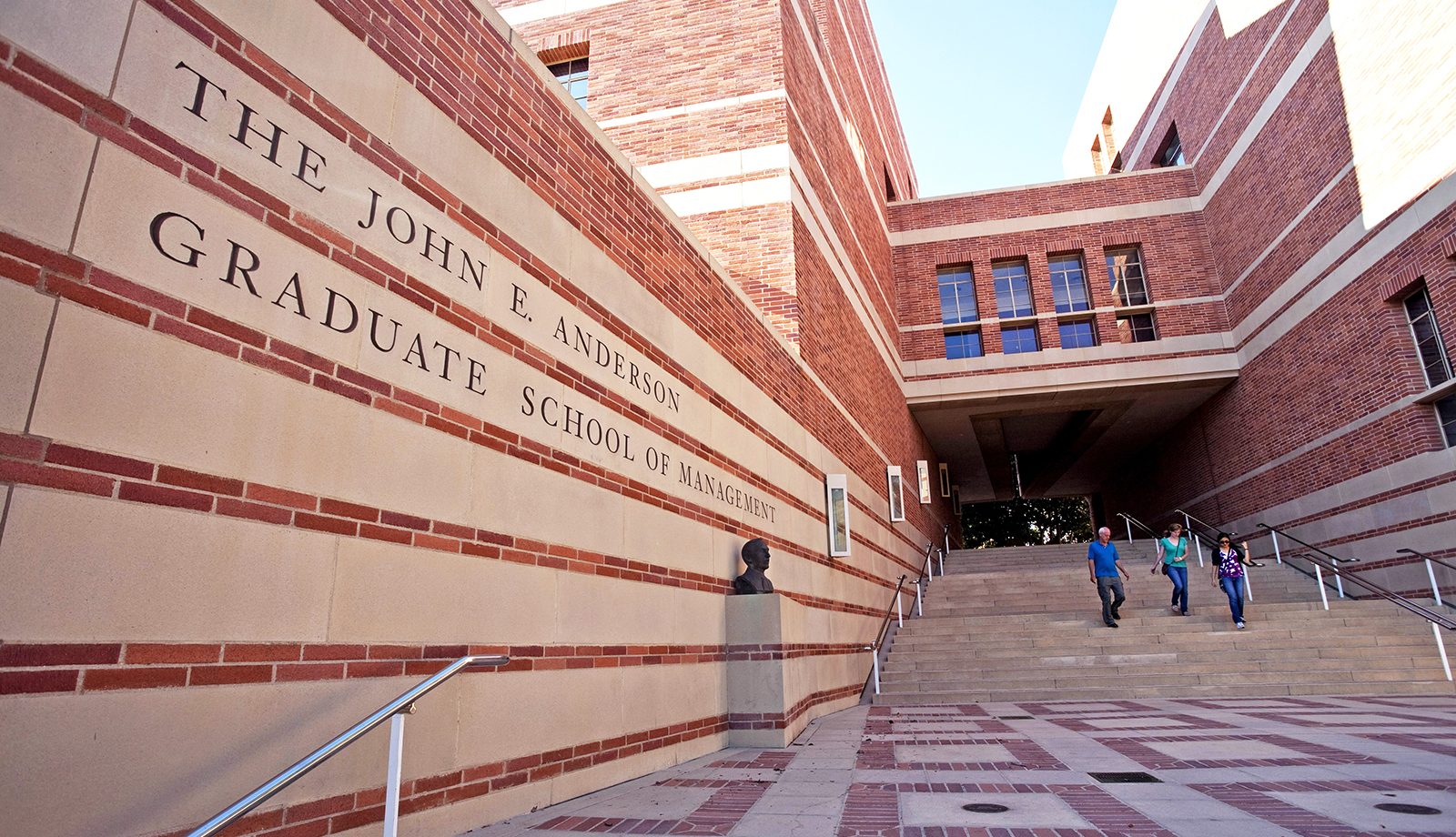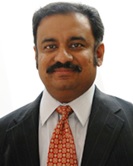Introduction to Operations Management

This Course digs into two of the most crucial aspects of business – the processes that support production and delivery of a good or service, and the financial acumen required to keep the operation running. The topics in this Course include process analysis, financial basics, and the interaction between standard business reports such as the balance sheet, the income statement, and the statement of cash flows, and the major activities every business pursues.
Faculty

Prof. Kumar Rajaram
Professor
Kumar Rajaram is a Professor of Operations and Technology Management at the UCLA Anderson School of Management. Professor Rajaram’s current research interests include improving operations in the health care industry, non-profit sector and in the process manufacturing sectors including food processing, pharmaceuticals and the petrochemical industry. He has focused on developing analytical models of complicated systems with a strong emphasis on practical implementation. His work has been published in leading research journals such as Operations Research, Management Science, Manufacturing and Service Operations Management, Marketing Science and the European Journal of Operational Research. He has been awarded the Eric and ‘E’ Juline Faculty Excellence in Research Award at the UCLA Anderson School.
Professor Rajaram has developed a new control paradigm called “Robust Process Control” to increase the productivity of large-scale industrial processes. By focusing on the design and control of these processes in operational environments, this technique has resulted in four-fold increases in productivity in several types of industrial processes. These methods have been implemented at several process companies worldwide. This work was awarded the prestigious Franz Edelman finalist award for outstanding applications of operations research and management science techniques to practice by the Institute for Operations Research and the Management Sciences (INFORMS). He has also developed techniques to better balance supply with demand for products with short life cycles and highly unpredictable demand. This work has been applied at several large fashion retailers in Europe and North America and has resulted in substantial improvements to profitability at these sites.
At the UCLA Anderson School, Professor Rajaram teaches the MBA core course on operations and technology management, various Executive Education courses and doctoral level courses on operations management and models for operations design, planning and control. He has been awarded the George Robbins Award, the Citibank Award and the Neidorf “Decade” Award for excellence in teaching at the UCLA Anderson School.
Education
Ph.D. Operations Management, 1998, The Wharton School, University of Pennsylvania
M.A. Managerial Science and Applied Economics, 1997, The Wharton School, University of Pennsylvania
M.S. Industrial Engineering and Operations Research, 1993, University of Massachusetts at Amherst
M.Sc. Mathematics, with Honors 1991, Birla Institute of Technology and Science, Pilani, India
B.E. Electrical and Electronics Engineering, with Honors 1991, Birla Institute of Technology and Science, Pilani, India
Course Learning Objectives:
By the end of this course, you will be able to:
- Explain how taking a scientific approach to operations management can add value to a company’s bottom line.
- Create a process flow diagram that shows the steps in a product’s movement from idea to packaged item, ready for delivery.
- Analyze a process flow diagram to determine any bottlenecks and whether the process is technically balanced.
Syllabus
Module Components:
Video Lectures:
- Operations Management Fundamentals
- Defining Process
- Operations Management – Key Definitions with Examples
Readings:
- Learning Operations Management
- Process Analysis
Case Study:
- Drastic Publishing (Continued – Part 4)
Quiz:
- Operations Management
Support
Please email [email protected] for any support required with respect to the program, course or platform.
